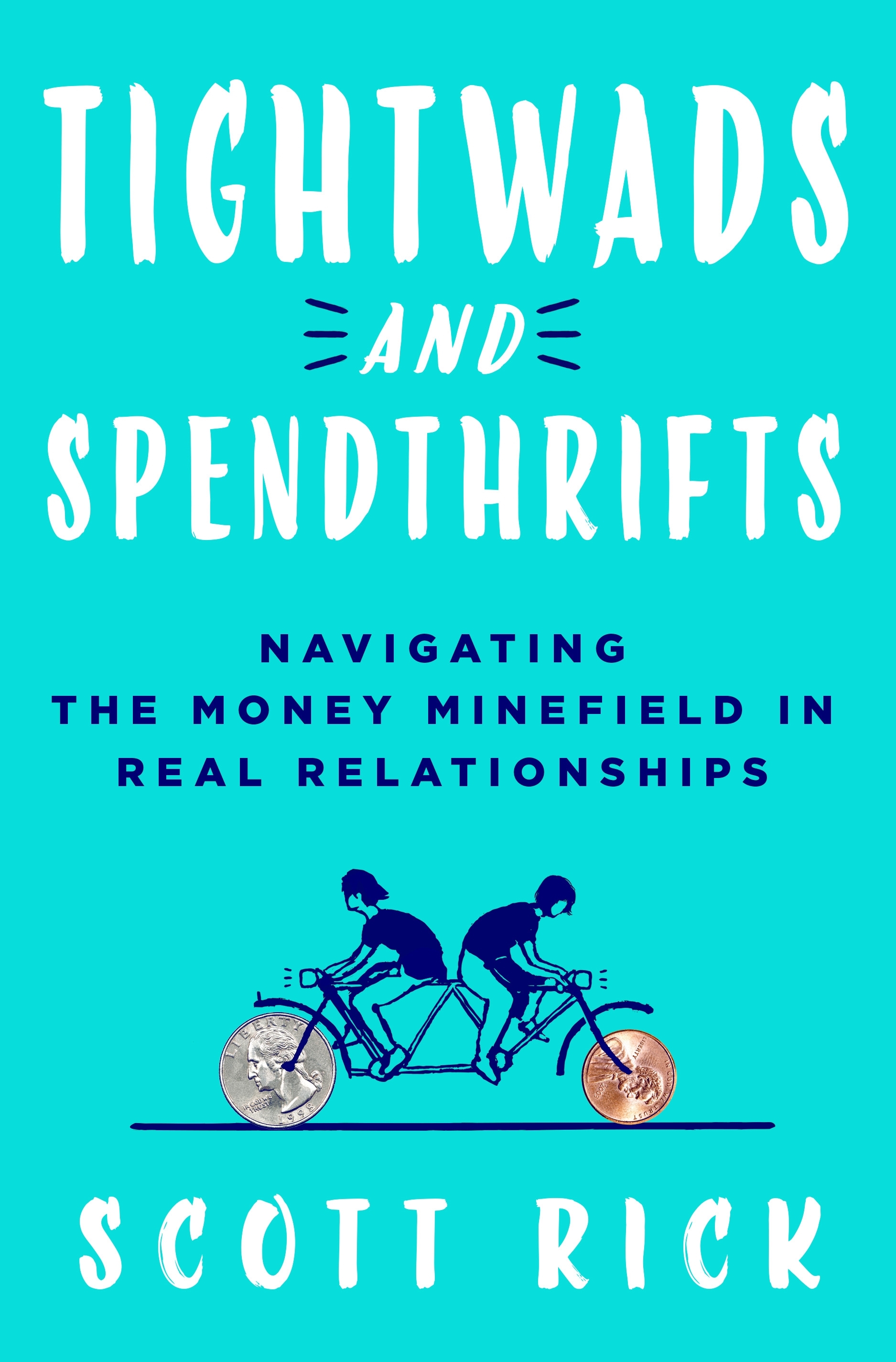
How could anyone dislike giving and receiving gifts? A good gift can be totally life-changing. For example, the toy basketball hoop that LeBron James received for Christmas in 1987 arguably changed the course of NBA history. Likewise, a lovely commercial from John Lewis & Partners, a chain of high-end department stores in the UK, has convinced me that a Christmas time piano is what launched Elton John’s career. (Some fact-checkers have raised questions about that sequence of events, but I’m not here for that kind of “Bah! Humbug” energy.)
Gifts are so meaningful that some people identify “receiving gifts” as their primary “love language.” Many believe that gifts from their romantic partner are a big way they can understand how much their partner loves them. Indeed, on the surface, gift-giving occasions seem like wonderful opportunities to experience and create delight. But according to a 2023 survey by Preply, gift-giving and receiving is actually the least popular love language overall.
This begs the question: Why do most people say that gift-giving stresses them out?
Read More: 10 Thoughtful Gifts That Don’t Cost a Thing
Part of the problem is that occasions that involve gift giving are steeped in uncertainty. If it’s an occasion like Christmas, where people are simultaneously shopping for each other, people might be nervous about whether the gift they give will be in the same category as the gift they will also receive. For instance, you don’t want to give someone a gag gift when they’re giving you a sincere, heartfelt gift—or vice versa. It’s what game theorists call a “coordination game”: your main objective is simply to use whatever strategy you think your partner is using. Mismatched approaches to gift-giving are a recipe for awkwardness. Fans of The Office might recall how Michael’s outlandish Yankee Swap gift—an iPod (highly coveted at the time)—made the entire event uncomfortable for everyone.
There can also be tremendous uncertainty around how your gift will be experienced by the recipient. For example, imagine that someone you’re close to is showing some signs of Seasonal Affective Disorder, and you’re considering giving them a light therapy lamp as a holiday gift. Indeed, the recipient of such a gift may very well be appreciative, indicating that this is “just what they needed.” At least, that’s how it’s all likely to unfold in the hopeful imagination of the lamp-giver. But what if the lamp-recipient interprets the gift as an unwelcome piece of commentary on their affective state? One could imagine a reaction along the lines of “Gosh, I’m sorry I’ve been so unpleasant to be around. Thanks for the feedback.” The message we send with gifts (or emails, texts, or just about any form of communication) is not necessarily the same as the message received.

Another issue is that there are just so many opportunities to get gift-giving wrong. For example, if you’re a married parent in the U.S., you’ll likely need to navigate at least five gift-giving occasions per year: your spouse’s birthday, your anniversary, Valentine's Day, perhaps Mother's and Father's Day, and the December holidays. Eventually, you’re probably going to give a bad gift, and that bad gift might overshadow the many good gifts you’ve given. The stench of a bad gift can linger. That’s because of a bedrock principle of behavioral science known as loss aversion. The idea, simply put, is that bad outcomes have a stronger psychological impact than comparable good outcomes. Few baseball fans remember all the ground balls that Bill Buckner fielded cleanly, but many remember the one that went through his legs.
Even if you’re a wonderful chooser of gifts, you might feel stressed about everything involved in the acquisition and delivery of those gifts. The prospect of navigating mall parking lots, crowded stores, and long lines at the post office fills me with dread. Much can be done online, of course, but some combination of procrastination, insufficient shipping speed, and imperfect product availability drives many of us back into brick-and-mortar stores. And then there’s all the gift wrapping. Gift wrap is an essential part of gift-giving, and I love a beautifully wrapped gift. But I personally find the wrapping process to be deeply frustrating, and this sentiment appears to be widely shared.
Worst of all, there’s the anxiety that comes with receiving gifts. If you’re anything like me, you may have, on occasion, found yourself in a setting where you expect that a lot of well-meaning but disappointing gifts are headed your way. There can be some dread that comes with knowing that you’ll soon need to perform joy and appreciation. Even worse, you might worry that the gift-giver will detect your insincerity, wounding them in the process.
It’s not all bad, of course. When done carefully, gift-giving can be a wonderful way to communicate to loved ones that we appreciate and understand them. Gifts can absolutely draw people closer together, in a lasting way. And, as a huge basketball fan, I’m just so glad LeBron got that basketball hoop when he was three years old. That was truly a gift for all of us.
More Must-Reads from TIME
- Cybersecurity Experts Are Sounding the Alarm on DOGE
- Meet the 2025 Women of the Year
- The Harsh Truth About Disability Inclusion
- Why Do More Young Adults Have Cancer?
- Colman Domingo Leads With Radical Love
- How to Get Better at Doing Things Alone
- Michelle Zauner Stares Down the Darkness
Contact us at letters@time.com